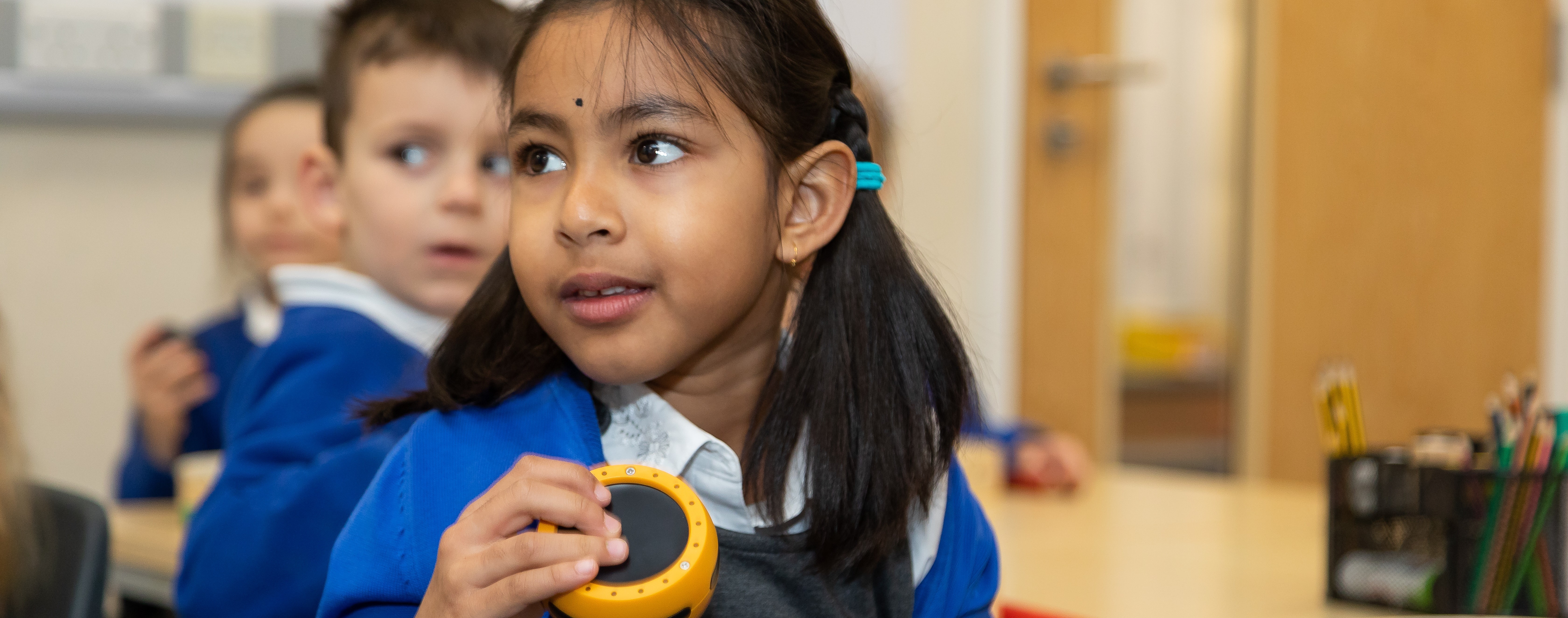
Here at Manor Farm Academy we offer an exciting and varied curriculum which strives to ensure all pupils reach their potential and become active, valuable and positive members of society. Underpinning this stimulating curriculum are two core components. The first is that we believe children should be equipped with high quality knowledge, skills and understanding across a range of subject areas. The second dimension of our curriculum prepares pupils so that they can make a valuable contribution as citizens in a 21st century Britain. Both aspects are of equal importance at Manor Farm Academy.
The academy offers a broad, balanced and ambitious curriculum covering all areas of the National Curriculum and our aim is to promote learning that meets the needs, interests and abilities of all children.
Throughout all aspects of academy life, we celebrate achievements made by pupils at all levels- both inside and outside the academy. Pupils are proud of one another as well as of themselves.
‘The aim of education should be to teach us how to think, rather than what to think.’
James Beattie
‘Nothing ever becomes real until it is experienced.’
John Keats